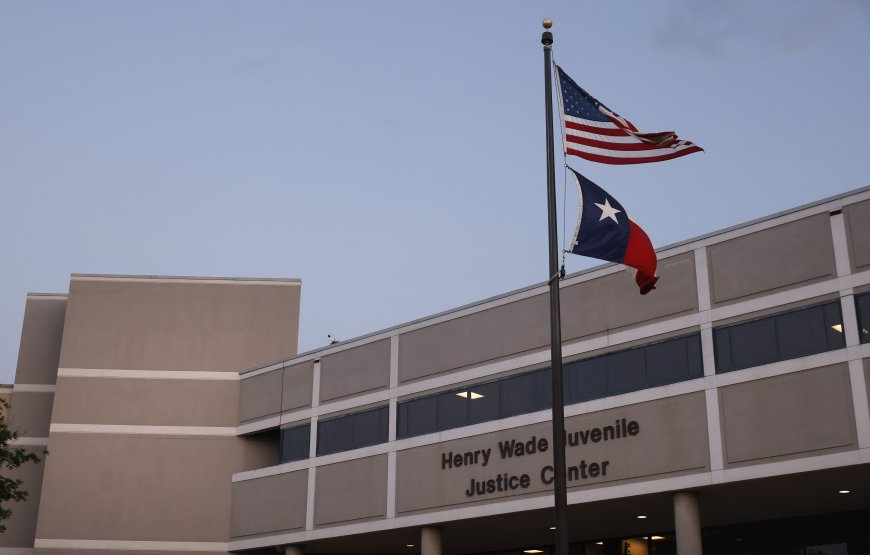System in Crisis: Dallas Officials Kept Youth in Solitary, Falsified Logs in Juvenile Detention Scandal
A state investigation finds children in Dallas juvenile detention were kept in isolation for days and staff falsified logs—highlighting systemic neglect and urgent reform.

A damning state investigation has pulled back the curtain on alarming conditions inside Dallas County’s juvenile detention center. Teens were held in isolation for days on end, and staff purposefully falsified observation and school attendance records—exposing a disturbing breach of duty, trust, and civil rights.
Isolation and Deception: What the Report Found
A Texas Juvenile Justice Department (TJJD) probe focused on the Dr. Jerome McNeil Jr. Detention Center revealed that children were confined to their cells—sometimes up to 24 hours a day—without access to education, exercise, recreation, or basic hygiene. The practice stemmed from a so-called “Special Needs Unit,” a setup intended for short-term clinical time-outs but which devolved into extended, unsanctioned seclusion The Texas TribuneKERA News.
Even more chilling, staff were found to have falsified records. Observation sheets and attendance logs, required by law to reflect the youth’s wellbeing and schooling, were either pre-filled or missing entirely. Investigators uncovered identical timestamps and entries across different individuals and shifts—clear efforts to conceal neglect The Texas TribuneKERA News.
Accountability in Motion
The fallout has been swift. Interim director Mike Griffiths has acknowledged the severity of the findings, confirming that key leadership including former executive director Darryl Beatty has since resigned FOX 4 News Dallas-Fort WorthKERA News. Additionally, the juvenile board has enacted reforms focused on best practices rather than just minimum standards, aiming to prevent such violations in the future Dallas News.
Broader Implications for Juvenile Justice in Texas
This incident doesn’t stand alone. It forms part of a troubling pattern across Texas’ juvenile justice system. A 2021 federal inquiry raised alarms over excessive isolation, staff abuse, and unsafe living conditions in detention facilities statewide—issues previously tied to the troubled Texas Youth Commission, which was dissolved in 2011 before reforms and the creation of TJJD Wikipedia.
The Dallas case underscores how fragile reforms can be and highlights the urgent need for continued oversight and systemic improvement.
Conclusion
The Dallas juvenile detention scandal scratches at the surface of a fractured system. Beyond policy violations, it signals deep-rooted cultural failures—ones that devalue the safety, dignity, and rehabilitation of vulnerable youth. While leadership changes and policy upgrades represent steps in the right direction, true reform hinges on enduring transparency, accountability, and investment in humane practices.











